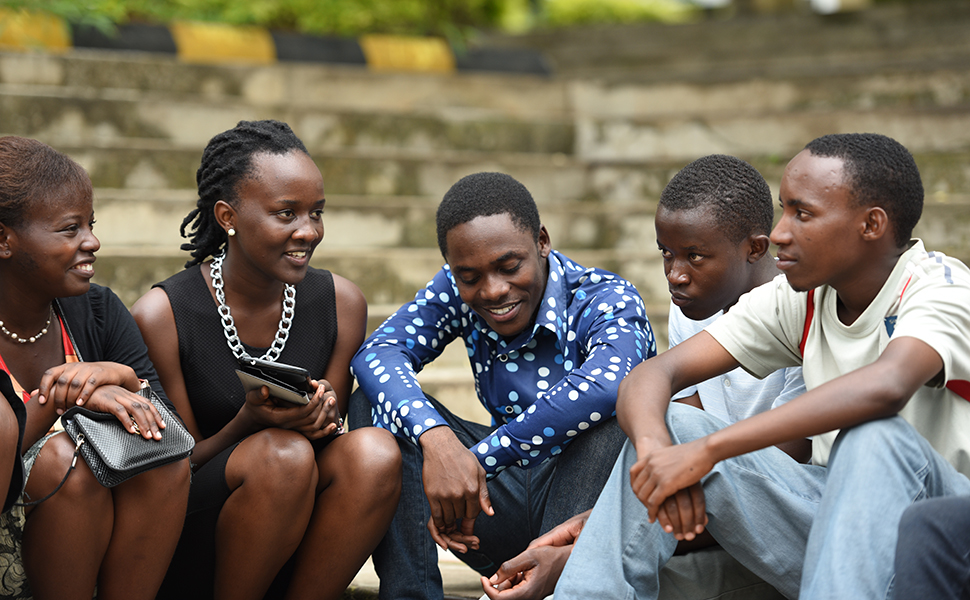The East African Community (EAC) Secretariat will launch a Gender Policy that seeks an inclusive community which guarantees equal rights and opportunities for women and men, boys and girls. The launch of the EAC Gender Policy is scheduled to take place on September17, 2018 at the EAC Headquarters in Arusha, Tanzania.
The EAC Gender Policy is anchored in Article 6 (d) of the Treaty for the Establishment of the EAC where Partner States committed to adhere to the principles of democracy, the rule of law, accountability, transparency, social justice, equal opportunities, gender equality, as well as recognition, promotion and protection of human and people’s rights in accordance with the provisions of the African Charter on Human and People’s Rights of 1986.
The EAC Gender Policy has been developed to provide guidance on institutionalizing gender strategies in the EAC integration agenda in order to ensure that the rights of women and men, boys and girls are promoted, protected and realized on an equal basis.
The policy further aims at strengthening the mainstreaming of gender concerns in the planning and budgetary processes of all sectors in the EAC Organs, Institutions and Partner States
The launch will be followed by the regional training of trainers on the EAC Gender Policy and Gender mainstreaming to the staff in the EAC Organs, Institutions and Partner State Ministries for effective policy implementation with a lens of gender equality.
The training is based on the recommendation of the Participatory EAC Gender Audit conducted in 2013 that emphasizes the review of the current Training Strategy/Program at the Secretariat to enhance gender mainstreaming capacities for the EAC Staff.
The expected outcome of the training will be to increased knowledge, skills and level of awareness among the participants; Clear recommendations for EAC Organs, Institutions and Partner States on Gender mainstreaming adopted and implemented, and; changes in work practices within the EAC Secretariat, Organs and Institutions among other.
The development of the EAC Gender Policy was in compliance with the directive of the 25th Meeting of the Council of Ministers (EAC/CM25/Dir25) of August 2012 whereby the Council directed the Secretariat to develop policies on Gender Equality, Youth, Children, Social Protection and Community Development.
The EAC Gender Policy has been developed to provide guidance on institutionalizing gender strategies in the EAC integration agenda in order to ensure that the rights of women and men, boys and girls are promoted, protected and realized on an equal basis.
For instance, Uwezo Uganda in its Fifth Annual Learning Assessment Report established that here was a major gender gap in adult literacy rates in Uganda, thus; 79 per cent literacy rate for men compared to 66 per cent literacy rate for women in 2012.





